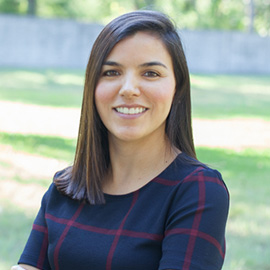Historically, District 1 residents have faced substantial discrimination, including segregation, redlining and limited access to resources. As District 1 residents today, we still feel some of those challenges. In East Austin, we have under-resourced schools, fewer healthcare options, fewer healthy food options, missing sidewalks, limited public transit and limited children programming in our parks. To reverse these inequities, we need to be addressing the affordability crisis, and be creating more equity when it comes to education, public transit, access to health care and better paying jobs for everyone. As a council member, I will create equity by examining all decisions to be made by City Council through an equity lens. I will ask: – How are policies benefiting minorities, communities of color or lower-income families? – How are the outcomes different for minorities, communities of color or lower-income families? – If they are different? How can outcomes be achieved for everyone? Knowing that not everyone is starting from the same place, what change in policy or practices should be done to achieve equitable outcomes? I recognize that nonprofits play a crucial role in providing the services our families need to thrive. Moving forward, I think it’s important for the city to be choosing non-profits for their ability to produce the City’s desired outcomes. I believe that private partners can be a key pillar in providing social services. City Departments are often being asked to do more with less and make their resources stretch further. The only way this is possible is through partnerships with private organizations that can bring in additional resources and supports into the work of the City. These partners do not face many of the restrictions that local government agencies do and therefore can supplement the work of the city in important ways.
Diversity & Inclusion, Austin Chamber of Commerce
View All Reponses >>

